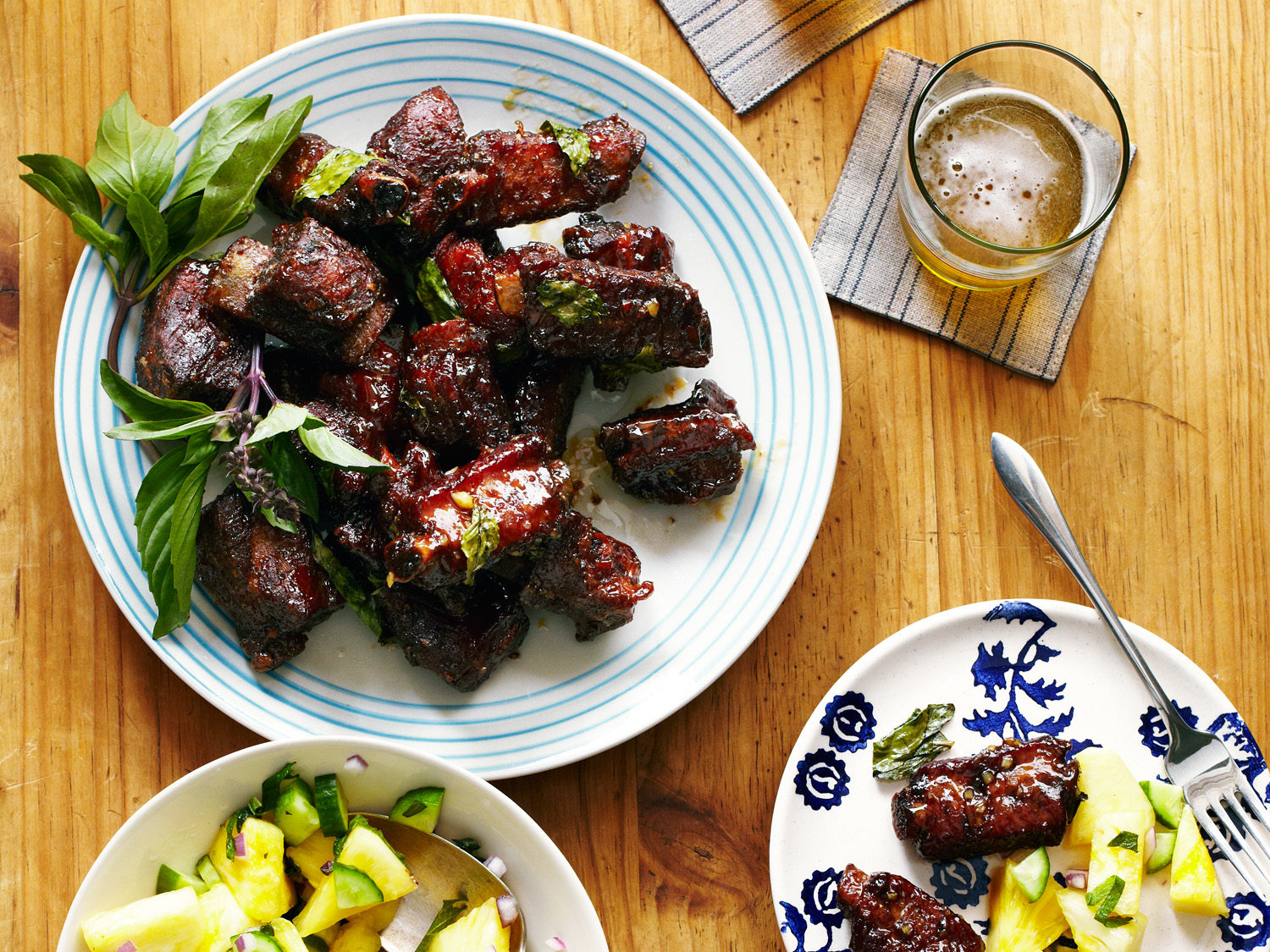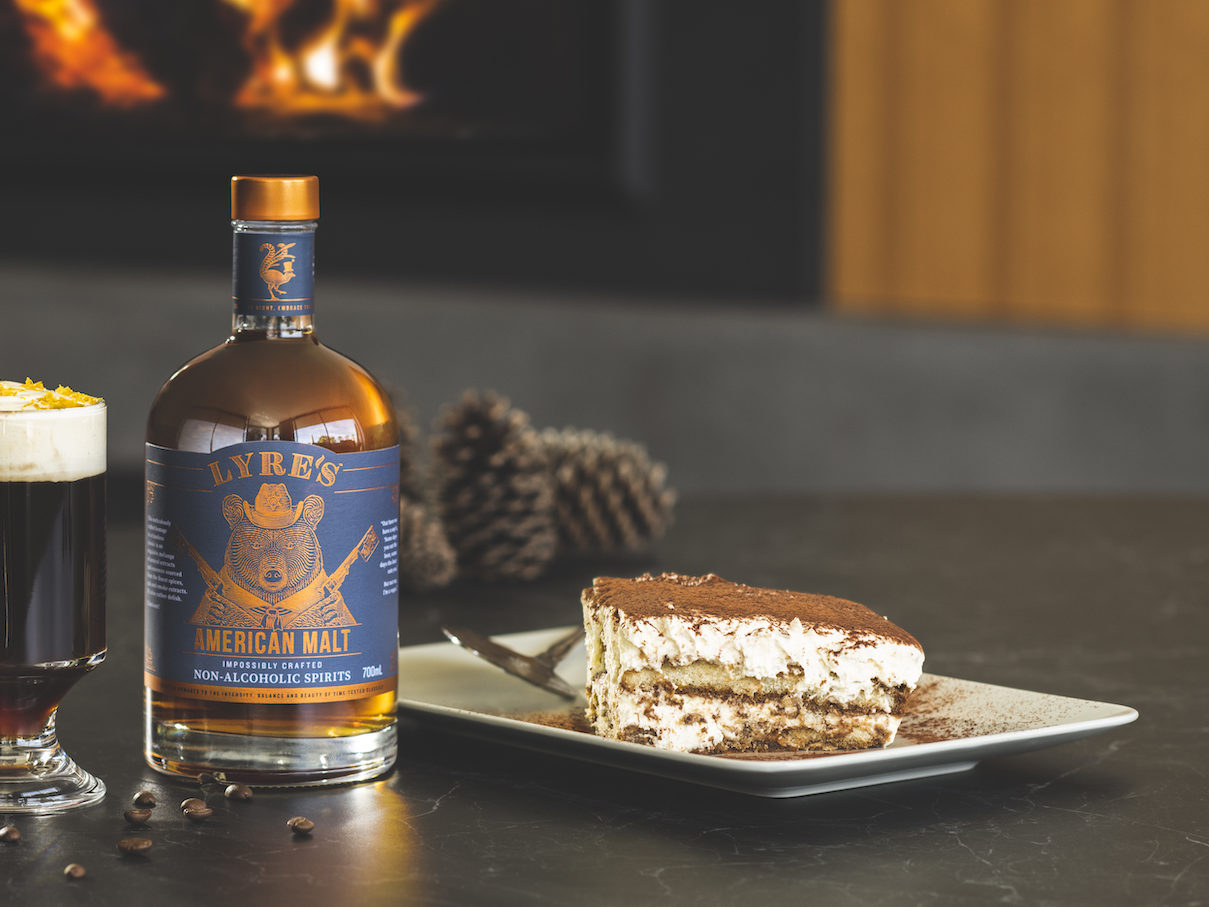Chef-Approved Wine and Liquor Substitutes For Your at-Home Meals
Next time a recipe calls for a splash of cognac or a cup of sherry, use these swaps that you may already have on hand.

We only recommend things we love. If you buy something through our site, we might earn a commission.
There’s nothing worse than thinking you have everything on hand for a recipe and realizing you’re missing a few tablespoons of some rare kind of liqueur to amp up the dish’s flavor. Not to worry! With our chef-approved suggestions for ingredients that can be used in place of liquor or wine, stocking up on bottles that only get used once in a blue moon can be a thing of the past.
When I started cooking on my own in my early teens, I found solace in solo trips to the grocery store to grab ingredients for new recipes, though I couldn’t buy red wine or vodka to add to a pasta sauce, or cognac to flambé peaches for tarte tatin. My retaliation against these rules was spending hours flipping through cookbooks looking for suitable substitutes for sherry to no avail. Then, when a few of my family members stopped drinking, I realized there were more than just cooking-obsessed minors who could benefit from some easy swaps.
Now as an adult, I still have a difficult time buying bottles I won’t use for more than a few splashes every dozen recipes. While some dishes like slow-braised short ribs are undoubtedly elevated by the addition of a good Pinot Noir, I set out to find an ingredient or two that could take its place without losing a deep flavor profile.
Whether you’re observing Dry January, aren’t regularly restocking your liquor cabinet, ran out of sherry and didn’t add it to your grocery list, or have a small studio kitchen (like me) and can’t fit a dozen different bottles of booze in the cupboard, I’ve got you covered for cooking sans alcohol.
Chef Davin Waite, co-owner of the zero-waste, plant-based restaurant The Plot in Oceanside, California, suggests replacing rum or similar spirits with vanilla extract or paste (if you want to avoid the alcohol content in extract). If you have liquor on hand and want to eliminate the alcohol content, you can cook it down into a syrup, he says: “I do this with whiskey all the time and balance it with white soy and use it as a glaze for fresh fish dishes.”

Photo by Alex Farnum
In a recipe for Chinese glazed riblets, for example, sherry or Chinese Shaoxing wine creates the glaze. However, you can swap the wine for a few tablespoons of reduced syrup per Waite’s suggestion, or for an even easier substitute that might already be in your pantry, use rice vinegar. Most vinegar makes for a fairly easy swap for sherry or similar strong cooking wine; if you don’t have rice vinegar on hand, you can use apple cider vinegar or balsamic for a similar effect and flavor.
When swapping the alcohol in sweet dishes like sherry roasted pears, maintain the acidic flavors of the wine with citrus juices like lemon or orange. Add a few tablespoons of citrus juice to a small amount of water to dilute it a bit (so as to not add too much extra flavor to the dish) and use it in place of the sherry.
Chef Eric Bost of Michelin-star honoree Jeune et Jolie and Bib Gourmand honoree Campfire in Carlsbad, California, skips the use of vinegar altogether and takes advantage of pickling liquid from ingredients like sauerkraut. “Sauerkraut juice added to the end of a sauce adds brightness, acidity, and complexity,” Bost says. “Be sure to scale back on the amount of salt used, though, as the juice itself is salty.”
Similar acid-forward flavors can be found in other, more common substitutes, like fresh fruit juices or purées. “We currently build a sauce used to accompany amberjack that is based on Asian pears blended with yellow peppers, strained and seasoned with yuzu juice and white shoyu, balancing sweetness, saltiness, savoriness, and acidity,” Bost says.

Peden & Munk
He also suggests that vegetable purées and juices can be utilized when trying to add the depth of flavor that might come from using liquor. “Vegetable purée can help thicken sauces while adding another dimension,” Bost says. “Celery root makes an excellent binder to thicken a light chicken broth seasoned with lemongrass and citrus.”
You can keep these purées and juices on hand and use them for other recipes as well if you end up with more than you need for a substitute, like in our recipe for chestnut and celery root soup.
Of course, you could also incorporate one of the many nonalcoholic spirits that are proliferating across the West. Maria Denton, regional manager of Lyre’s nonalcoholic spirit company, says the versatile range of spirits can be used in marinades and stews. “Lyre’s expressions work quite well to infuse flavors, although I usually bump up the acidity a little to get the meat-tenderizing aspect that alcohol would usually provide,” Denton shares.
Lyre’s spirits also make for an easy way to infuse the essence of liquor without the alcohol content when baking or cooking. Denton has a simple recipe for tiramisu that uses two of Lyre’s expressions: a coffee spirit as well as an American malt. “People have been making desserts with cordials and spirits since their invention,” Denton says. “We wanted to show people that creating delicious food is an option with Lyre’s nonalcoholic spirits as well.”

Courtesy of Lyre’s
Tiramisu is a dish that’s usually spiked with cognac or whiskey to amp up the coffee flavor and cut through the sweetness of the cream, though it’s a no-cook dish, meaning the alcohol has no place to burn off. Swapping the liquor for a nonalcoholic spirit means you won’t have to worry about the bit of booze affecting any eaters.
Next time you encounter a recipe with a boozy ingredient on the list, opt for a non-alcoholic spirit in place of vodka, cognac, or whiskey. Or you can try pickling liquid, fruit juice, purée, or a vanilla substitute instead.
Search All of Sunset’s Recipes
Read the Current Issue Here!
Get one year of Sunset—and all kinds of bonuses—for just $24.95. Subscribe now!

